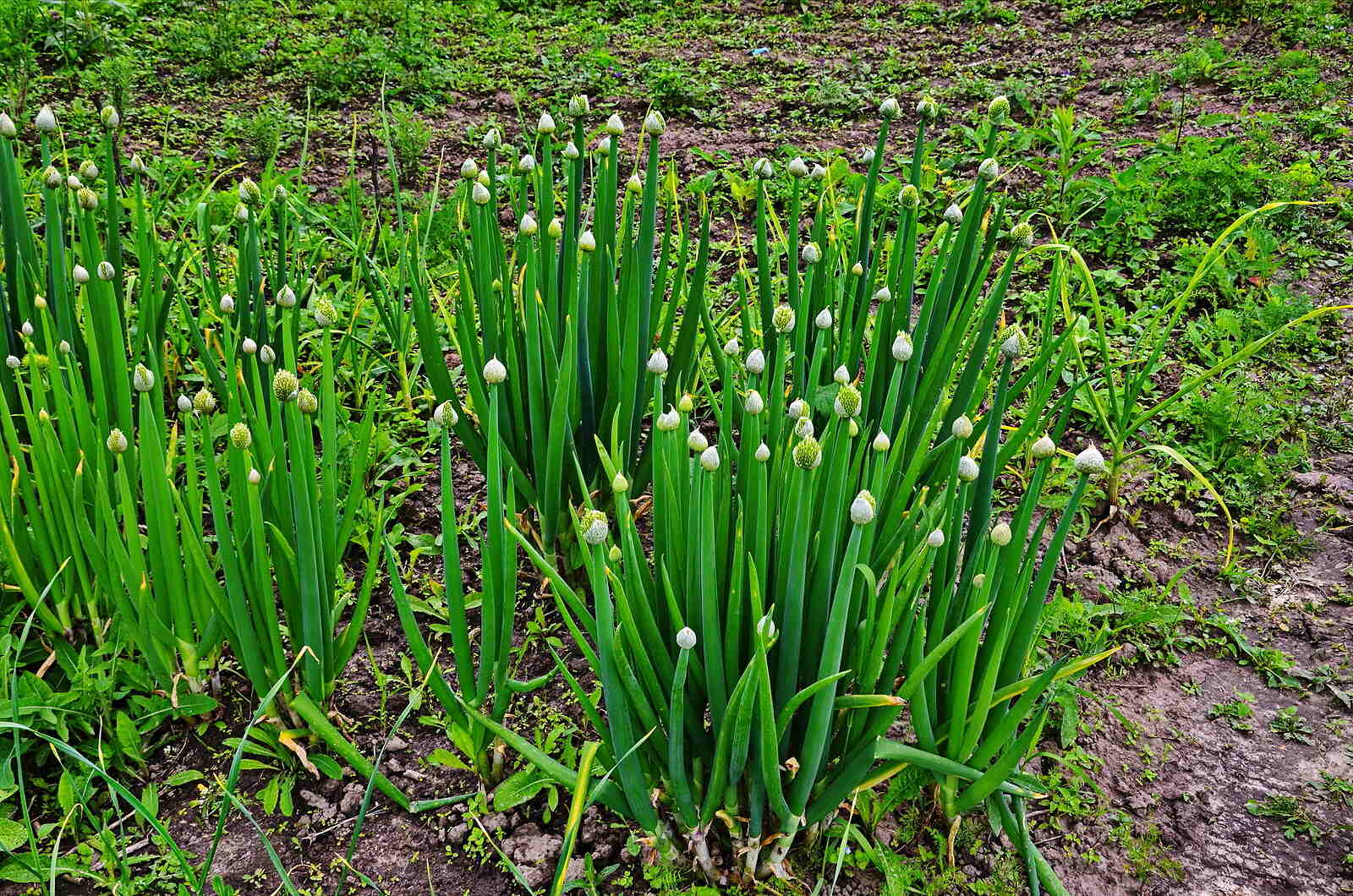
What is a Welsh onion? A Welsh onion is a perennial plant that belongs to the Allium family, which also includes garlic, leeks, and chives. Despite its name, it isn't from Wales. Instead, it hails from China and Siberia. This onion is known for its hollow, green stalks and mild flavor, making it a popular addition to soups, salads, and stir-fries. Unlike regular onions, Welsh onions don't form bulbs. They are often grown for their leaves rather than their underground parts. Easy to cultivate, they thrive in various climates and can be harvested multiple times a year. Whether you're a gardening enthusiast or a culinary explorer, the Welsh onion offers a unique twist to your green thumb or kitchen adventures.
What is a Welsh Onion?
The Welsh onion, also known as Allium fistulosum, is a versatile and flavorful vegetable. It's a staple in many cuisines around the world. Let's dive into some fascinating facts about this unique plant.
-
Not from Wales: Despite its name, the Welsh onion isn't native to Wales. It originated in Asia.
-
Perennial Plant: Unlike regular onions, Welsh onions are perennials. They can grow back year after year.
-
No Bulb: These onions don't form a bulb. Instead, they have long, hollow green stalks.
-
Cold Hardy: Welsh onions can survive in cold climates. They can even withstand frost.
-
Multiple Names: Known by various names, including bunching onion, spring onion, and scallion.
Nutritional Benefits of Welsh Onions
Welsh onions aren't just tasty; they're also packed with nutrients. Here are some health benefits you might not know.
-
Rich in Vitamins: High in vitamins A, C, and K, which are essential for overall health.
-
Low in Calories: A great option for those watching their calorie intake. They are low in calories but high in flavor.
-
Antioxidants: Contain antioxidants that help fight free radicals in the body.
-
Fiber Content: Good source of dietary fiber, aiding in digestion.
-
Anti-inflammatory: Have anti-inflammatory properties that can help reduce swelling and pain.
Culinary Uses of Welsh Onions
Welsh onions are incredibly versatile in the kitchen. They can be used in a variety of dishes.
-
Stir-fries: Commonly used in stir-fries for added flavor and crunch.
-
Soups: Perfect for adding to soups and broths.
-
Salads: Can be chopped and added to salads for a fresh taste.
-
Garnish: Often used as a garnish for various dishes.
-
Pickling: Can be pickled for a tangy treat.
Growing Welsh Onions
Interested in growing your own Welsh onions? Here are some tips to get you started.
-
Easy to Grow: Relatively easy to grow, even for beginners.
-
Full Sun: Thrive in full sun but can tolerate partial shade.
-
Well-drained Soil: Prefer well-drained soil to prevent root rot.
-
Spacing: Plant seeds about 1 inch apart for optimal growth.
-
Watering: Require regular watering, especially during dry spells.
Historical Facts About Welsh Onions
Welsh onions have a rich history that spans centuries. Here are some historical tidbits.
-
Ancient Cultivation: Cultivated for over 1,000 years in Asia.
-
Medicinal Uses: Used in traditional medicine for various ailments.
-
Cultural Significance: Important in Chinese and Japanese cuisines for centuries.
-
Trade Routes: Spread to Europe via ancient trade routes.
-
Symbolism: In some cultures, they symbolize good fortune and prosperity.
Fun Facts About Welsh Onions
Here are some fun and quirky facts about Welsh onions that you might find interesting.
-
Companion Planting: Great for companion planting. They can help repel pests from other plants.
-
Edible Flowers: The flowers are also edible and can be used in salads.
-
Long Harvest Season: Can be harvested multiple times throughout the growing season.
-
Pollinator Friendly: Attract pollinators like bees, which are beneficial for your garden.
Final Thoughts on Welsh Onions
Welsh onions, often overlooked, pack a punch in both flavor and nutrition. These versatile veggies can be used in countless dishes, from soups to stir-fries. They’re not just tasty; they’re also loaded with vitamins A and C, which help boost your immune system. Plus, they’re easy to grow in your garden, making them a great addition for anyone looking to eat fresh and healthy.
Their history is fascinating too. Originating in Asia, they’ve been cultivated for centuries and have made their way into various cuisines around the world. Whether you’re a seasoned chef or a home cook, adding Welsh onions to your recipes can elevate your meals.
So next time you’re at the grocery store or planning your garden, don’t forget about Welsh onions. They’re a small ingredient with big benefits. Happy cooking!
Was this page helpful?
Our commitment to delivering trustworthy and engaging content is at the heart of what we do. Each fact on our site is contributed by real users like you, bringing a wealth of diverse insights and information. To ensure the highest standards of accuracy and reliability, our dedicated editors meticulously review each submission. This process guarantees that the facts we share are not only fascinating but also credible. Trust in our commitment to quality and authenticity as you explore and learn with us.
